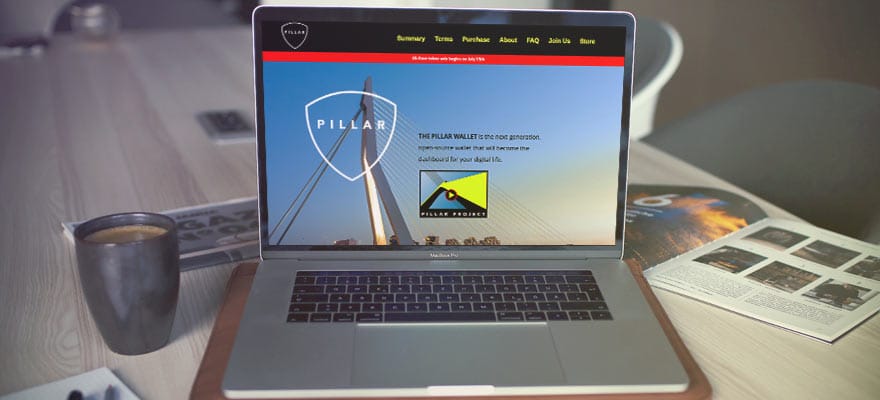The 60-hour Pillar Token sale, run by the Swiss Blockchain company Twenty Thirty, has raised 113,674 Ether, valued at $21.21 million with 13,446 transactions, making the average transaction 8.45 Ether (about $1,500).
Learn how to buy Bitcoin and Ethereum safely with our simple guide!
The Pillar project is the brainchild of David Siegel, who commented after the sale: "This may be the most successful grassroots fundraising in blockchain history. Most big token sales this year have been snapped up by a small number of “Bitcoin whales” with transactions worth millions of dollars, yet ours had almost no large transactions. It was similar to Ethereum’s own crowd sale in 2014.”
The funds from the Pillar token sale will be used to create the 'universal smart wallet'. The Pillar Wallet will hold people’s assets and become their personal digital assistant, powering all of their devices.
Siegel added: “I spent years speaking to VCs about the personal data locker. I even wrote a book about it, and nobody was interested in a platform approach. They said it was too big, too hard, too futuristic.
“Things came together this spring with the blockchain, tokens, crowdfunding, and an amazing group of volunteers who were attracted to the ideas. The more I talked and wrote about it, the more people came. I don’t manage them – they self-manage, like a hive. We don’t have any board of directors, managers, or formal structure. We financed the three-month effort of more than 60 people by paying them in future tokens – we didn’t spend a dollar of our own money. If people are already having meetups about your future system based on a white paper and a crowdsale, that’s a good sign.”
The campaign received much of its support from people on YouTube.
The Pillar system will use its own native utility token, called the pillar (symbol: PLR). Siegel said: “Digital tokens are everywhere – they’re in all your digital devices already. Putting them on the blockchain means you own them, and that gives you the control in your relationship with companies and governments. Blockchain-based tokens will soon be used for everything, from currency to identity to energy to coffee to golf.”
Entrepreneur Richard D Titus, a former Samsung executive, said: “Pillar will be the new platform for digital natives. It replaces the Apple, Google, Microsoft, Facebook domination of our devices. This is a world changer.”
To date, Pillar has been entirely staffed by a group of global volunteers, from 13 time-zones who are part of the Twenty Thirty blockchain community. As well as David Siegel, the founders include Tomer Sofinzon from Israel, Yogesh Gaikwad from India and Vitor Py from Brazil.


















